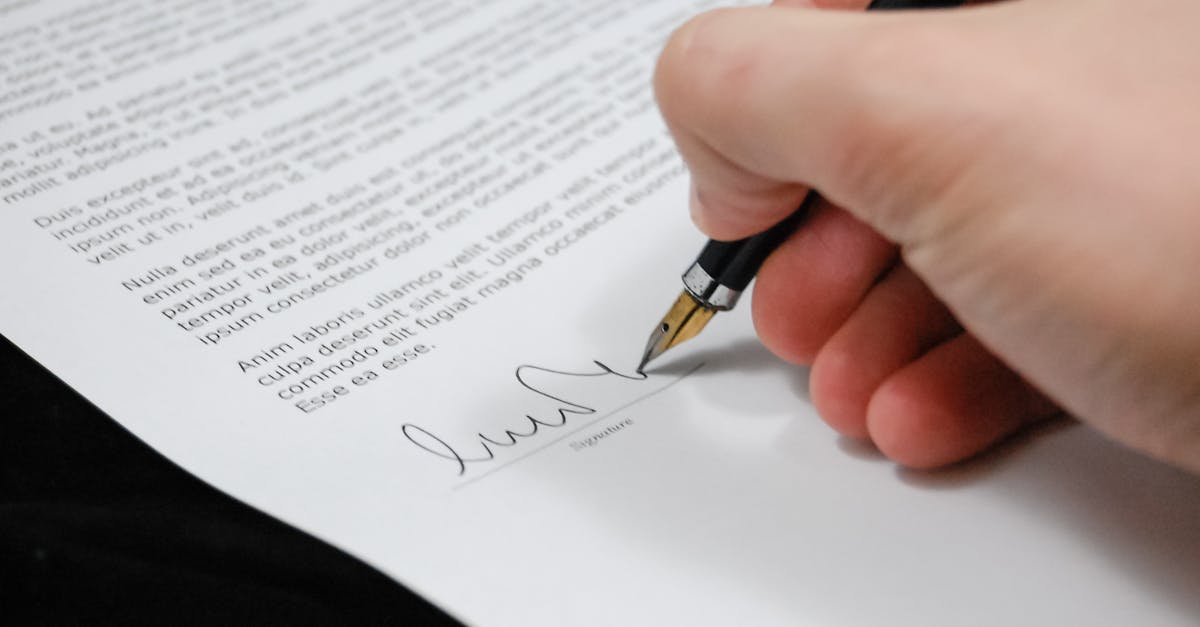
Scope of Practice with Professional Licensing
When it comes to professional licensing, the scope of practice refers to the set of activities and responsibilities that a licensed professional is legally allowed to perform within their field. These boundaries are established to ensure that individuals have the necessary knowledge and skills to safely and competently provide services to the public. Austin Professional Licensing Services plays a crucial role in defining and regulating the scope of practice for various professions, such as healthcare providers, attorneys, and engineers.
By outlining the specific duties and functions that professionals are authorized to carry out, licensing bodies like Austin Professional Licensing Services help uphold standards of quality and protect the public from potential harm or negligence. Adhering to the designated scope of practice is not only a legal requirement but also a professional obligation that ensures practitioners operate within their areas of expertise and training.
Limitations and Restrictions
Limitations and Restrictions
When considering the realm of professional licensing, it is crucial to understand the boundaries and rules that govern the practice. These limitations are implemented to ensure that professionals adhere to a certain standard of conduct and competency as they carry out their duties. Licensing entities, such as Four Points, Austin Professional Licensing Services, set these restrictions to offer protection to the public and uphold the integrity of the profession.
Moreover, these regulations often dictate the specific tasks and responsibilities that a licensed professional is authorized to perform. Professionals must operate within the scope of practice outlined by the licensing board, and any deviation from these guidelines can lead to disciplinary actions. By delineating these limitations and restrictions, licensing bodies aim to maintain a high level of quality and expertise within the industry, ultimately safeguarding the welfare of consumers.
Renewal Process for Professional Certification
Professional certification is an essential component of maintaining credibility and expertise within a given profession. Renewing a professional certification is typically required on a periodic basis to ensure that individuals are up-to-date with the latest industry standards and best practices. For professionals in Gracywoods, Austin seeking renewal, the process often involves completing a certain number of continuing education credits or training hours to demonstrate ongoing competence in their field.
In addition to completing the necessary educational requirements, professionals may also be required to pay a renewal fee to maintain their certification. This fee helps cover administrative costs associated with processing renewal applications and ensures that the certification program remains sustainable over time. By actively engaging in the renewal process, professionals in Gracywoods, Austin can showcase their commitment to staying current in their field and upholding the high standards set by the Gracywoods, Austin Professional Licensing Services.
Continuing Education and Maintenance
Continuing education and maintenance play a crucial role in ensuring that professionals uphold the highest standards in their practice. Professionals who are certified must regularly engage in continuing education to stay current with industry trends, new research, and best practices. This ongoing learning helps professionals provide the best possible service to their clients and ensures that they remain competent and knowledgeable in their field. Laguna Loma, Austin Professional Licensing Services often requires professionals to complete a certain number of continuing education hours to maintain their certification.
In addition to continuing education, maintenance of professional certification may involve fulfilling specific requirements such as submitting proof of employment, adhering to a code of ethics, or undergoing periodic assessments. By consistently meeting these requirements, professionals demonstrate their commitment to upholding the integrity of their profession and the well-being of their clients. Laguna Loma, Austin Professional Licensing Services may conduct regular audits or spot checks to ensure that professionals are complying with maintenance requirements and are delivering services at the expected standard.
Enforcement of Professional Licensing
Enforcement of professional licensing is a critical aspect of maintaining standards in various industries. Licensing bodies have the authority to ensure that professionals adhere to established regulations and guidelines. Failure to comply with licensing requirements can result in disciplinary actions. Austin Professional Licensing Services oversee the enforcement of licensing regulations for professionals in the state, ensuring that practitioners meet the necessary criteria to practice legally.
Consequences for violating licensing regulations can vary depending on the severity of the offense. Austin Professional Licensing Services may impose penalties such as fines, suspension, or revocation of the professional's license. By upholding the integrity of licensing requirements, regulatory bodies like Austin Professional Licensing Services safeguard the interests of the public and maintain the standard of practice within different professions.
Disciplinary Actions and Penalties
Professionals under licensing regulations are expected to adhere to a code of conduct and ethical standards. Failure to comply with these guidelines can result in disciplinary actions and penalties. Dessau, Austin Professional Licensing Services play a crucial role in ensuring that professionals maintain the integrity of their license through regulatory oversight. Violations ranging from malpractice to unprofessional behavior are thoroughly investigated, and appropriate measures are taken to uphold the standards of the profession.
Penalties for misconduct can vary from fines to temporary suspension or permanent revocation of the professional license. Dessau, Austin Professional Licensing Services follow a diligent process to address complaints and allegations, ensuring that due process is followed before imposing any disciplinary actions. Professionals are encouraged to maintain the highest standards of practice to avoid facing penalties that could potentially jeopardize their careers and reputations.
FAQS
What is the main difference between certification and licensing for professionals?
Certification is a voluntary process where professionals demonstrate their expertise in a specific area, while licensing is a mandatory requirement set by a government authority to practice in a particular field.
How does the scope of practice differ between professional licensing and certification?
Professional licensing establishes the legal boundaries within which a professional can practice, while certification signifies that an individual has met specific standards of knowledge and skills in their field.
Are there any limitations or restrictions associated with professional licensing?
Yes, professional licensing may come with limitations such as geographic restrictions, restrictions on the types of services that can be provided, or specific conditions that must be met to maintain the license.
What is the renewal process like for professional certification?
Renewal for professional certification typically involves completing continuing education requirements, demonstrating ongoing competency in the field, and paying a renewal fee to maintain the certification.
How is the enforcement of professional licensing different from disciplinary actions for certification holders?
Enforcement of professional licensing involves ensuring that professionals adhere to the regulations set by the licensing authority, while disciplinary actions for certification holders are taken by the certifying organization for violations of their code of ethics or standards of practice.




